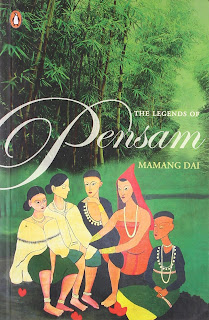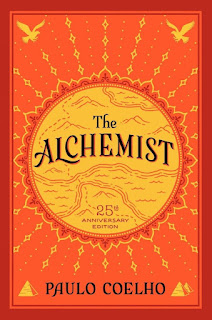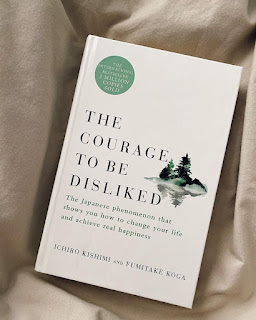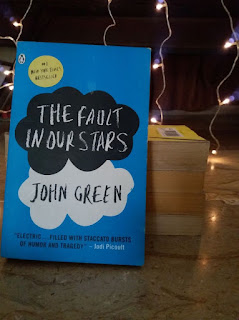The kite runner by khaled hosseini book review - ReadersHub
The kite Runner by Khaled hosseini book review
 |
| The kite Runner |
Khaled Hosseini is one of the most extensively read and cherished novelists in the world, with over thirty eight million clones of his books vended in further than seventy countries. The Kite Runner was a major film and was a Book of the Decade, chosen by The Times, Daily Telegraph and Guardian. A Thousand Splendid Suns was the Richard & Judy Best Read of the Time in 2008. Hosseini is also a Goodwill Envoy to the United Nations High Commissioner for Deportees, the UN Refugee Agency and the author of The Khaled Hosseini Foundation, a not- for- profit organisation which provides philanthropic backing to the people of Afghanistan. He was born in Kabul, Afghanistan, and lives in northern California.
The kite Runner book review
There are a lot of children in Afghanistan, but little nonage The Kite Runner tells the story of Amir, the son of a fat Afghan and member of the ruling estate of Pashtuns. Amir’s companion as a child was his menial Hassan, from the despised and impoverished Hazara estate. Their bond is torn by Amir’s choice to abandon his friend amidst the adding ethnical, religious and political pressures of the dying times of the Afghan monarchy. Despite escaping from troubles in his motherland, Amir will have to return to right history wrongs against the only true friend he ever had. The fellowship between an rich boy and the son of his father’s menial takes centre stage in the early stages of The Kite Runner, a new set in a country that's in the process of being destroyed. A beguiling story that explores the price of treason, the sweats to gain redemption for once wrongs, and the inarguable connection and power that exists between a father and his son, whether it be a son seeking to earn the affection of a father, or the offerings and lies that they both have to live with throughout their lives. There are concurrence and clichés aplenty, and they play a part in diverting from what could have been a compelling classic. The addition of concurrence is designed to deliver a sincere image into the compendiums ’ minds. These range from the Hassan- Sohrab heroic parallels, the Assed- Taliban addition, the emotional use of clef lips, and the professor- cum- homeless man that knew Amir’s mama . The fact that there's a roster of concurrence in the story- line does rather weaken the overall story as the effect of each coexistence lessens each time rather than it being a special and unusual moment. The plethora of clichés that Hosseini includes comes as no surprise given the detailed passage defending the use of clichés in Amir’s work. Amir/ Hosseini argues that clichés have come clichés for good reason, and this comes as way of explanation for his unembarrassed use of them. The visual descriptions of Afghanistan during the numerous times of fermentation that the people have had to endure is the stylish written aspect of the book. The days of the royal dynasty, a rebellious achievement, the Soviet- Afghan war and the performing Taliban occupation of the country in the wake of9/11 is given great content. These major moments are described from a unique viewpoint – the perspective of an Afghan. The dangerous trip out of the country during one of the ages of uneasiness was particularly well executed, as the conditions, the troubles and the corruption came to the face in Hosseini’s words in a way which came across as credible, as if it was grounded on particular experience or honest accounts of similar escapes. The redemption story, which takes over the ultimate part of the novel, loses its luster as Amir is n’t the most likeable character given his conduct and studies before in the novel regarding his “ friend ” Hassan. The inner harangue showed his covetousness towards Hassan concerning some effects that escaped Amir, plus his hesitance regarding the protection and honour of his “ friend ” was a opprobrious lack of action on his part, and he continued the treason shortly after to cement his place as a character I disliked. He also seems to be reluctant at making up for once sins on his return to Afghanistan times latterly, again, not breeding good feeling towards him from me. For me The Kite Runner was a well recited novel which explored the father- son relationship especially well, in relatively eloquent fashion, and Hosseini presented Amir’s ongoing guilt through the middle- to-late chapters in an intriguing and delicate manner. A story that explores a country we've heard so important about in recent times, yet we truly know the history or the mindset of the people of Afghanistan. The Kite Runner is a fascinating and culturally important novel for those who know little about the people and the trials they've had to live through, as well as having a compelling story to guide the way.
FAQs
Is kite Runner A good book?
Yes, kite Runner is definitely A very amazing book that you should read. I will suggest that at least once you should read this amazing book. This is really A astonishing tittle by Khaled hosseini.
Can A 13 year old read the kite Runner?
A 13 years old can read the book but I am not going to suggest this to those who are not mature enough (kids) . I will suggest this to those who are at least 16+.
What is the appropriate age for the kite Runner?
The appropriate age for this book is sixteen and above.










Comments
Post a Comment